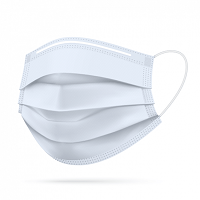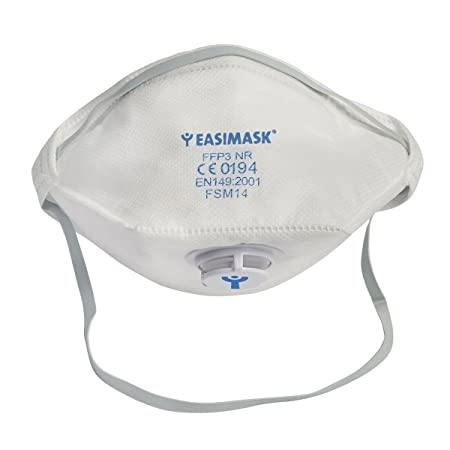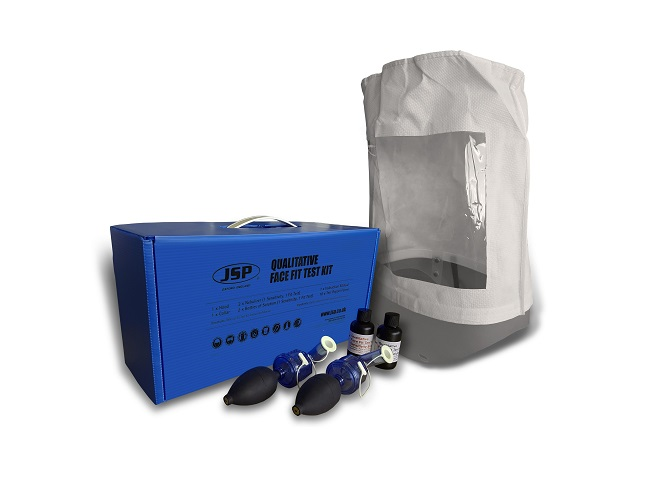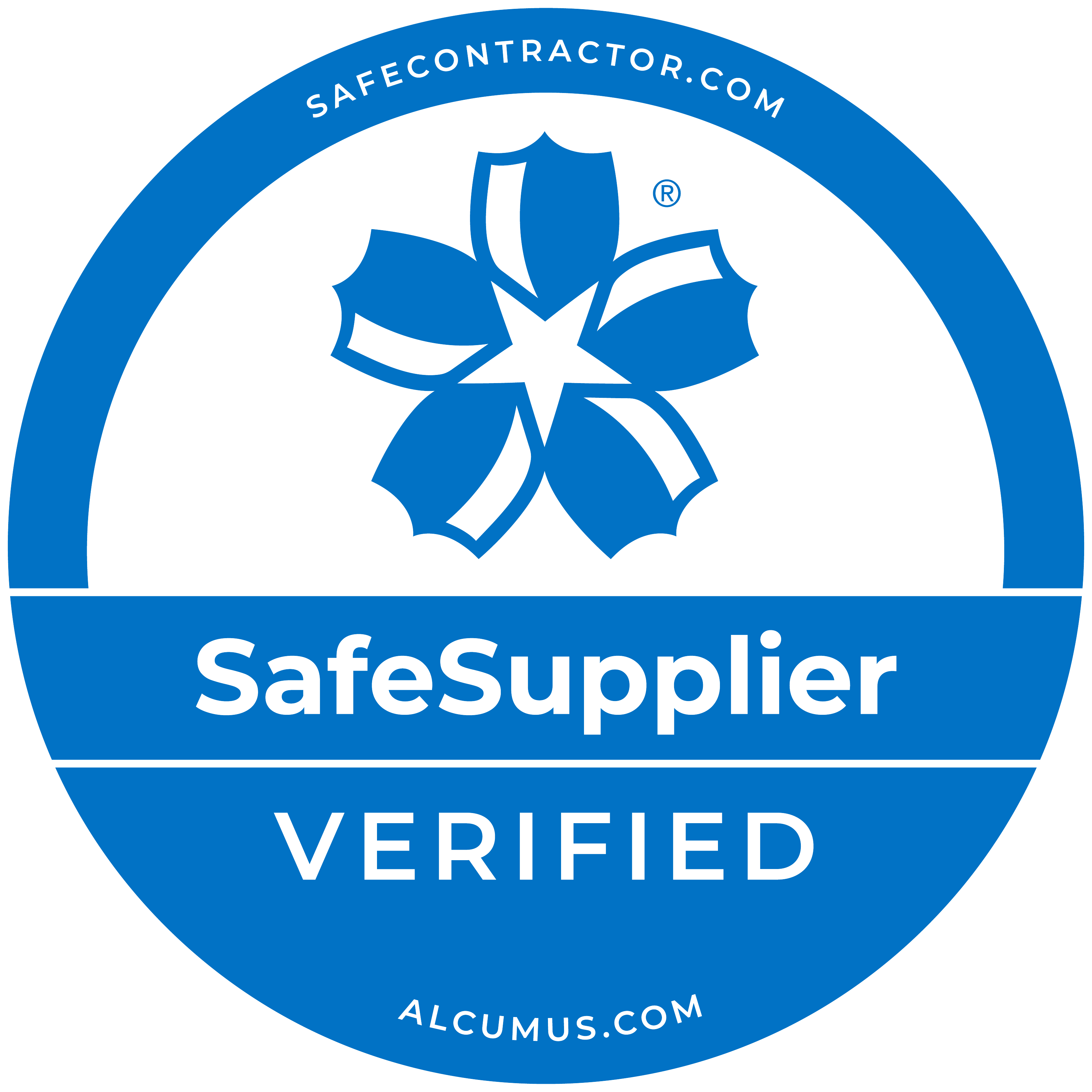
COVID-19 has changed healthcare to the core. Whether you’re a surgery, care home or hospital, the impact has affected all areas for staff, patients and residents. Government guidelines offer an extensive list of advice for patients and healthcare staff in both primary and social care. Measures in place extend to social distancing, hand hygiene, frequent surface decontamination, ventilation and other measures where appropriate.
Face Masks
With the most risk being posed to those working in health and social care sectors who are providing essential treatment and care, Personal Protective Equipment (PPE) is vital, but there is a difference in the recommended masks and areas for use.
The purpose of a disposable surgical face mask is to create a barrier protecting the nose and mouth of the wearer against the outside environment. These masks are commonly used during surgical procedures to minimise the risk of cross infection however, they have since become essential wear for healthcare workers since the Coronavirus pandemic.
For a mask to be classified as PPE they must confirm to PPE regulations and be CE marked. These masks will be tested and each manufacturer will need to produce an examination certificate to show that they have been tested to the Essential Health & Safety Requirements and a declaration of conformity. The NHS guidelines outline that all health and social care workers wear a surgical mask that conforms to Type IIR, EN14683 standards.
Classification
Surgical Masks cover your nose mouth and chin and are usually used to protect the wearer from large-particle droplets and are single use.
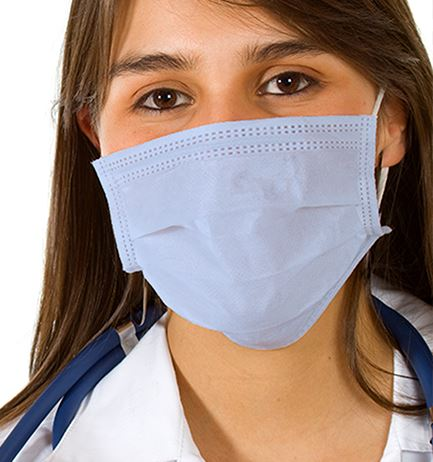
Type I, and Type IR face masks have a BFE (bacterial filtration efficiency) of 95% and are tested to EN149:2001 standards.
Type II Face Masks (EN14683): These are 3 ply medical grade masks that prevent particles from spreading, they are not effective with fluids.
Type I, and Type IR face masks have a BFE (bacterial filtration efficiency) of 95% and are tested to EN149:2001 standards. Type II and Type II R face masks have a BFE of 98%.
Type IIR Face Masks (EN14683): These masks conform to European standards providing increased protection with an anti-microbrial layer, as well as a fluid resistant layer that protects against bodily fluids. (NHS Recommended). The R in the name means the mask is fluid resistant.
UK Manufactured Surgical Type IIR Disposable Face Mask
Respirators
These are sealed masks that protect against droplets and filter out small particles such as viruses and bacteria, so are ideal for use when dealing with those suspected of having COVID-19. Before each use, a fit testing kit should be used to check the seal between a respirator and it's wearer's face to provide proper use and optismise the safety of the wearer.
FFP2 Masks: Have 94% filtration percentage and a maximum of 8% leakage to the inside.
FFP3 Masks: filter out at least 98% of the airborne respirable particles and are classified as Respiratory Protective Equipment. Valved FFP3 masks help to prevent against heat and moisture build up during use.
With all measures it is best to keep up to date with the latest advice provided on the government website to ensure the safety of yourselves, staff, patients, residents and visitors.







